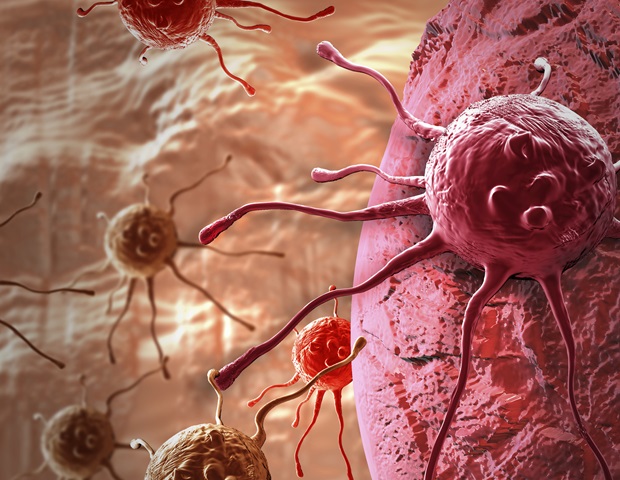
Merck, a leading science and technology company, today released the Supporting Women With Cancer report, presenting findings from a global survey of 4,585 women across 23 countries. The survey revealed that only one-in-five (20%) women diagnosed with cancer believe they receive enough support to manage their family responsibilities or fit work around their condition, 45% were aware of the signs and symptoms of cancer prior to diagnosis, and nearly half (47%) had never attended a screening program.
The results have subsequently indicated there is room for improvement to promote understanding of all cancers and their risk factors, and to increase awareness and access to cancer screening programs and support services for women. Additionally, a quarter (25%) of women perceived themselves to be more stigmatized than men by their disease.
Belén Garijo, CEO Healthcare and Member of the Executive Board of Merck said:
In addition to making the most effective medicines accessible, we aim to accompany and support women with cancer throughout their difficult journey. This study gives us first-hand information about the countless aspects of a woman's life that are impacted after a cancer diagnosis that need to be taken into account to improve their health and quality of life.”
Designed with input from the Union for International Cancer Control (UICC), the survey revealed that one-third (34%) of women reported receiving no support at all from their employer following their diagnosis, and less than half (45%) of those of childbearing age said they had been offered family planning advice from their healthcare professional.
Compounding the challenges faced, only 42% of the women surveyed had accessed support services, suggesting awareness of the support and educational resources available to women living with cancer may be low or that such services need to evolve to better fit what women really need.
The survey further showed the need for greater education regarding cancer in women. Many women underestimated the risk factors associated with cancers that are not widely considered ‘women’s cancers’, such as lung and colorectal cancer. Older women, and those in lower- and upper-middle income countries were also found to be less aware overall of the signs and symptoms of cancer prior to their diagnosis, compared to those in high-income countries.
The results suggest a greater focus is needed, regardless of income and level of education, to improve women’s understanding and recognition of the signs, symptoms and risk factors of cancer, particularly those of high-risk in women.
Cary Adams, CEO of the UICC said:
We must deploy every tool we have at hand to increase women's awareness of cancer symptoms. Not just of cancer types which are unique to women, but also of others like lung, colorectal and stomach cancers. The UICC calls on the global cancer community to help women better understand the signs and symptoms of cancers and ensure that they present at a stage which improves their chances of survival.”Early diagnosis of cancer is recognized to increase the chance of successful treatment and the survey highlighted the need for greater awareness and understanding of cancer screening programs and the role they play. For women who did not attend cancer screening programs, the three most significant reasons were not taking their symptoms seriously (52%), fearing a diagnosis (38%) and delaying a visit to their healthcare professional due to cost (29%). Women aged 18-40 were more likely to face delays in diagnosis (49%) compared to other age groups, mainly due to not taking their symptoms seriously (43%).
The Supporting Women With Cancer program was conducted in support of the Healthy Women, Health Economies initiative, which brings patients, governments, healthcare professionals, employers and other interested stakeholders together to help improve women’s health - so that they can join, thrive and rise in their communities. Merck is committed to supporting female patients across all aspects of life, including post-diagnosis and treatment, and working with the cancer community to find solutions to turn these insights into meaningful outcomes for women living with cancer. Included in the report are several recommendations on how this could be achieved.






No comments
Post a Comment